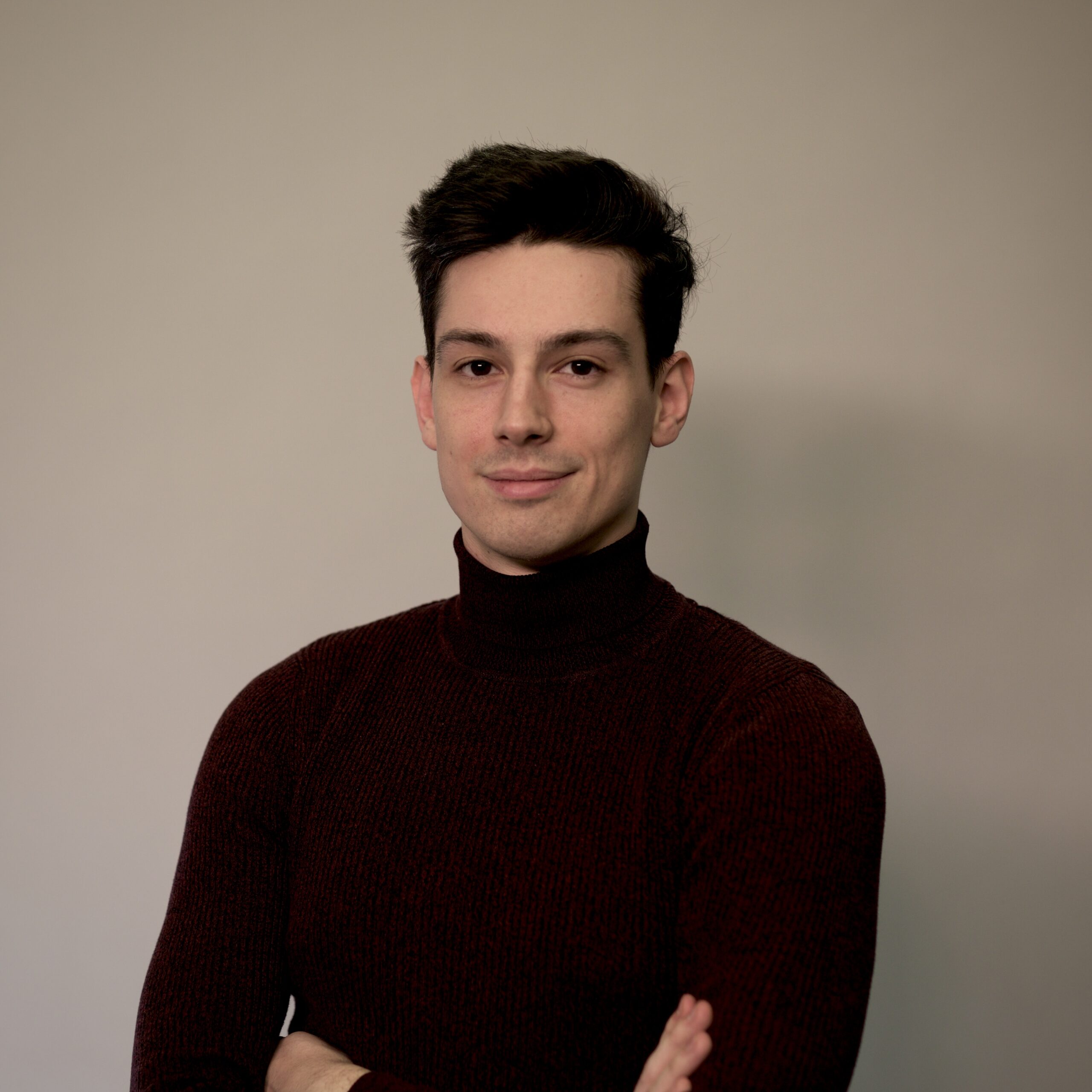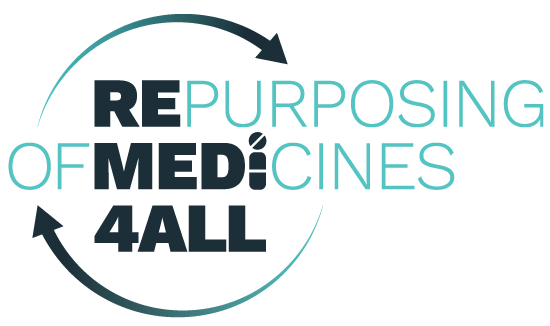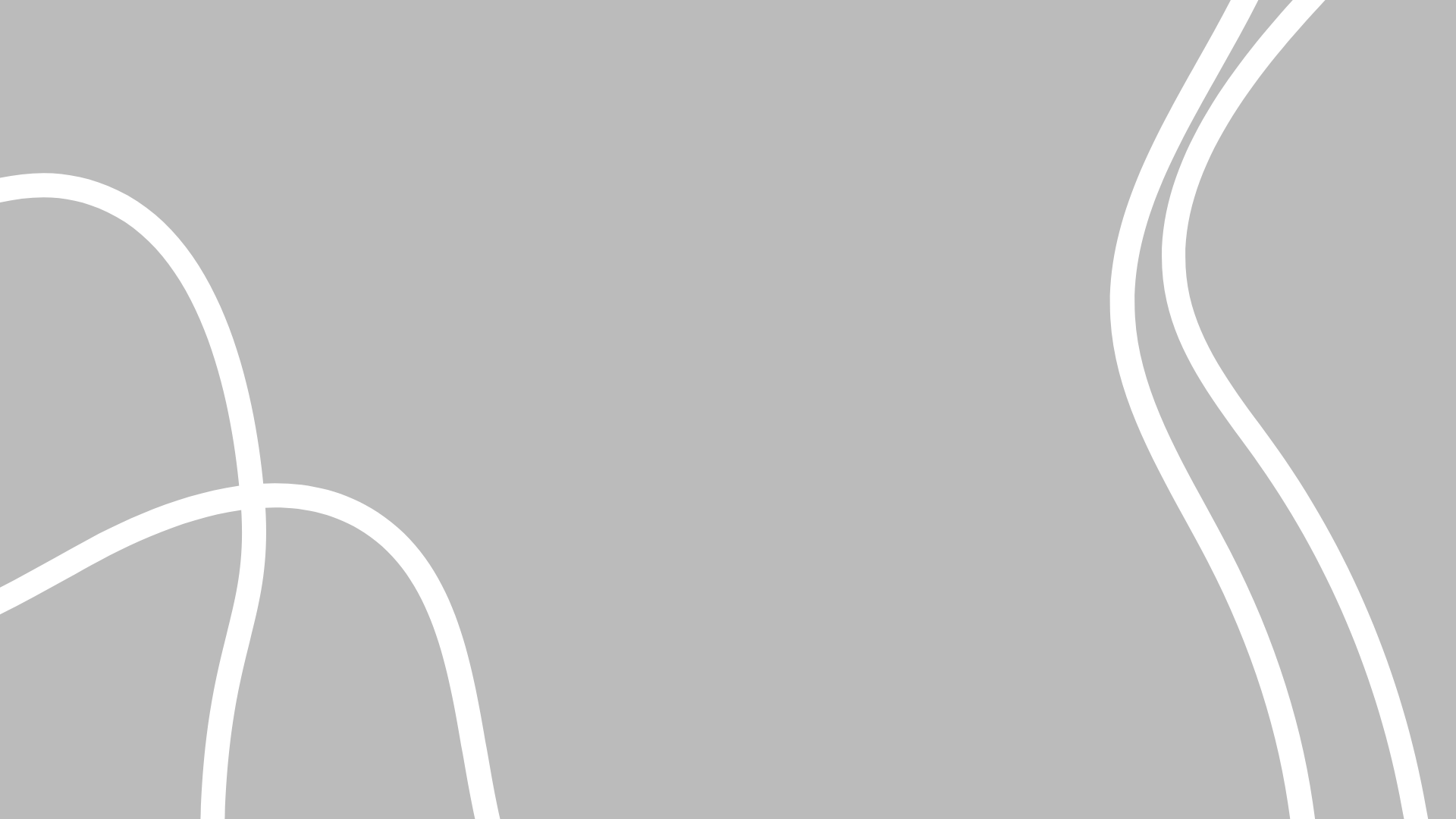
In this series, we talk to early career researchers from REMEDi4ALL institutions to find out more about their interests, projects and how they see the future of drug repurposing. In this edition of Early Career Researcher (ECR) insights, we caught up with Gašper Tomšič, a PhD student at the Faculty of Pharmacy, University of Ljubljana, Slovenia about all things research, superpowers and alternative careers.
Tell us a bit about yourself.
My name is Gašper and I’m 25 years old. I come from a small town on the outskirts of Ljubljana called Tacen and I am currently a 2nd year PhD student at the Faculty of Pharmacy, University of Ljubljana. In my (admittedly very limited) free time I like to play with my dog Nike and work on some programming/DIY projects. I love a challenge and am always looking for new ways to burn the free time I have!
What’s your big research question?
So currently, my PhD research is focusing on ways to improve the treatment of patients with chronic lymphocytic leukaemia (CLL). This disease is extremely heterogenic and mainly found in older people, with a median age of diagnosis around 65 years old. Standard of care is currently very efficacious at managing the disease in most cases, however, it remains incurable. Treatment is mostly lacking upon disease relapse, when the malicious cells acquire immunity to two treatments.
I want to know, if we can find a way to counter the acquired resistance to treatment or identify a treatment that synergises with the standard treatment protocol, to minimise the chances of a relapse. In the hopes of having our results usable in clinical practice as soon as possible, we’ve prioritised drug repurposing as a key method of our research.
What sparked your interest in pursuing research in this field?
I’ve known I’ve wanted to work in drug discovery since somewhere mid-high school, actually. I’ve always had a love for chemistry and medicine, and so when the time came I applied to the Faculty of Pharmacy as a way to combine my two great loves, so to speak. When applying to my PhD position, I was presented the offer to work on a drug repurposing project for CLL treatment and I jumped at the opportunity, as it gave me a way to use my skills in chemistry, biochemistry as well as in silico modelling and programming skills to solve a complex problem. I thought this was made for me! So far I’m immensely enjoying it despite, all the hardships. There is also a personal component to my interest as I’ve lost some friends to cancer in the past, as well as had a close family member luckily beat lymphoma, but really, with cancer you never know when you’re in the clear.
What is one thing that you have achieved during your project that you are proud of?
I’m really proud of having been able to find what currently seems as viable candidates for drug repurposing using the in silico tools indexed and taught to us by REMEDi4ALL. I have found that some identified compounds show promising results in in vitro models, and I am hopeful that my work will be translatable into clinical practice.
What is one obstacle you have faced in your project so far (and how did you overcome it)
Perhaps my favourite anecdote was one time at the beginning of the project, where I needed some details on a protocol published a fairly long time ago to figure out if a theory of mine was viable or not. Without going into too much detail, it turned out that the paper had been published just before Nature decided to digitalise everything, so nothing but the abstract was available. I tried looking it up in many online libraries to which I had access, but it turned out to be a dead end. What ended up saving me was actually reaching out to some of my friends from abroad, as they had access to physical copies of the journal. So I begged my friend Emil (shoutout!), who then begged one of his friends, studying at the University of Göttingen, to go to the library, check out a journal and send me the article to read.
I love this story, because it showcases some absurd hoops you may have to jump through to get what you need, the importance of connections around the world, and most importantly, libraries, with real, physical books.
Where do you see your field in 5-10 years’ time?
I think in 10 years time, we will be putting most of our efforts into newer biotech therapies for the treatment of cancer, such as bispecific antibodies or perhaps even advanced therapeutic medicinal products (ATMPs), such as cell therapies like CAR-T or modified viral therapies. While I see more and more research going into these directions, unless the enormous cost of the development of these therapies goes down by several magnitudes, the reality is that the treatments will be inaccessible to most patients, regardless of if they get approved by the relevant authorities. This is where I think drug repurposing shows real value, as it should be able to bring the cost of efficacious treatment to manageable levels, ensuring better treatments for all patients, regardless of their (or their countries’) economic status.
Where do you see yourself after you finish your PhD?
To be honest it’s pretty hard to imagine what my life is going to look like next month, let alone in (hopefully) three years.
Currently, I see myself continuing my research in academia, I feel like it offers more flexibility and freedom of research than industry does. An additional benefit with academia is the opportunity to work in a teaching role in parallel with research, which is something that I’m finding more fulfilling with every new student I mentor.
What is one superpower you wish that you had as a researcher and why?
That’s easy! Stopping time everywhere except the room I’m in! There are not enough hours in the day to do everything I set my mind to do and I think this would solve most of my stress.
If you weren’t a researcher, what other career path might you have chosen?
Well there are actually many scenarios that I worked through in my head. Had I still chosen to do my master’s in pharmacy, I would probably be either a clinical pharmacist or work in a pharmacy. But, had I chosen a totally different path, I had three options chosen, either I would have gone into the IT/CS/Programming field, or I wanted to be a blacksmith or glass blower!
Who would be your dream person to work with (dead or alive)?
Being constrained to dead or alive I feel like working with the late Gertrude Elion, who was instrumental in developing rational drug design, as well as drugs like azathioprine, acyclovir and 6-mercaptopurine, which revolutionized treatment of a myriad of diseases, including leukaemia. I find her story inspiring, as she proved that you don’t need a PhD to make monumental discoveries and I think that her insight would definitely help with new discoveries.
if you want to know more about our REMEDi4ALL partners including University of Ljubljana, follow this link.




